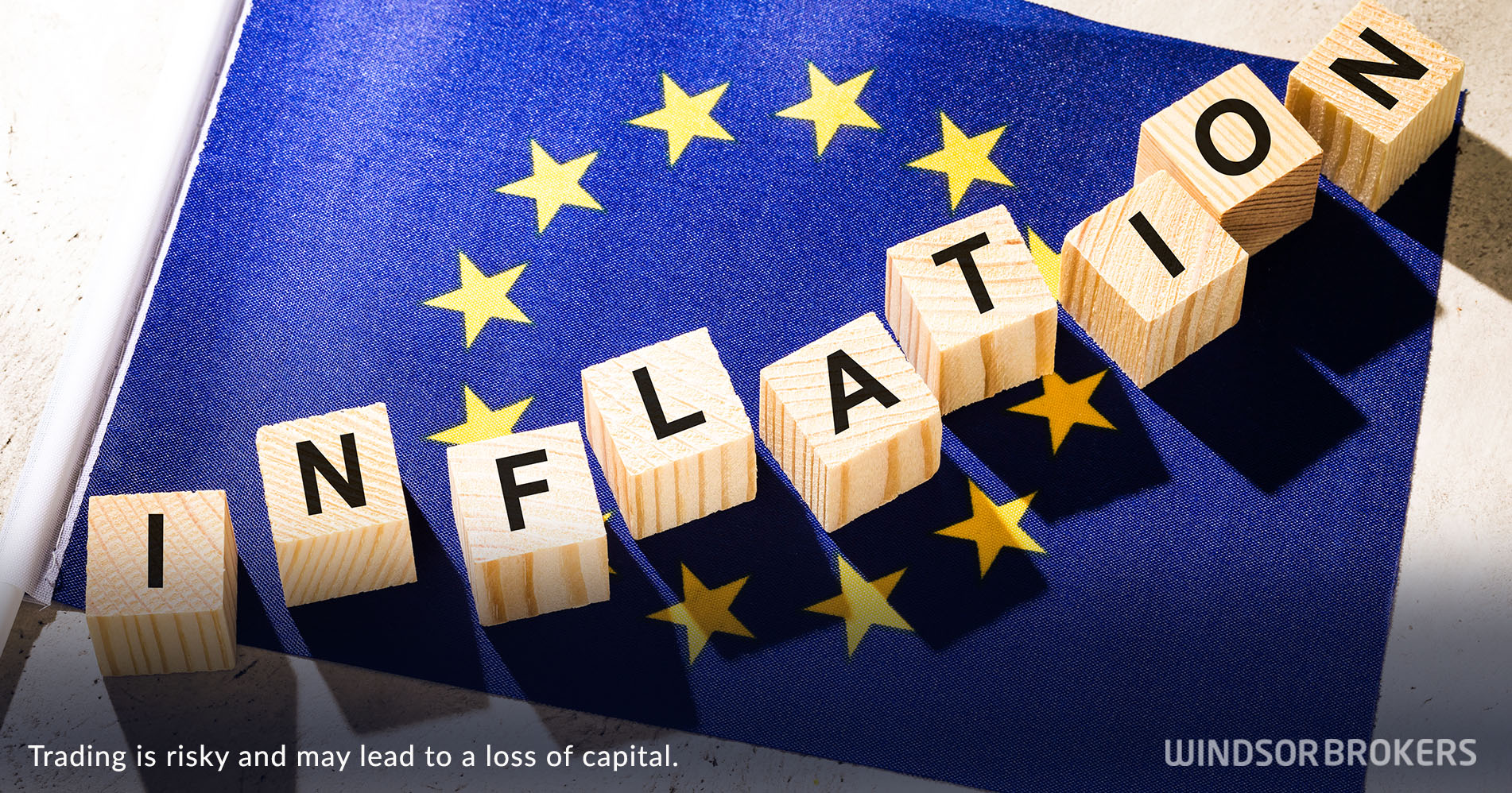Eurozone core inflation edges higher in January, warns of persistent underlying price pressures
Eurozone consumer prices rose above expectations in January, signaling that underlying price pressures persist and show no signs of easing, although a number of economists remain optimistic and saying that inflation has peaked and is currently in a downward trajectory.
Recent numbers support the notion, as inflation gradually declines from its record high at 10.6% in July/ Aug, though descend so far looks mild and with pauses, which points to lack of clearer signals that inflation has established in the downtrend and steady easing path.
Annualized inflation rose by 8.6% in January, from 9.2% previous month, in line with expectations, but core CPI, stripped of volatile components, rose to 5.3% in January, vs 5.2% in December / forecast, warning of underlying price pressures.
The main contributions to higher numbers in January came from services inflation, which marks the biggest part of core inflation and was revised from 4.2% to 4.4% and energy prices inflation, which rose to 18.9% in January vs initial estimation at 17.2%, although still better compared to 25.5% in December, as energy prices are declining.
Rise in core inflation, which reflects future price developments, warns that inflationary pressure may extend into medium-term period and keep inflation well above ECB’s 2% target for an extended period of time.
In such conditions, the central bank remains under pressure to continue tightening its monetary policy, with another 50 basis points hike widely expected in March.
The ECB has raised interest rates by 300 basis points, pushing borrowing cost to the highest since 2008, with growing expectations that the central bank may extend its tightening cycle and push rates above initially estimated peak at 3.5%, if conditions deteriorate.


